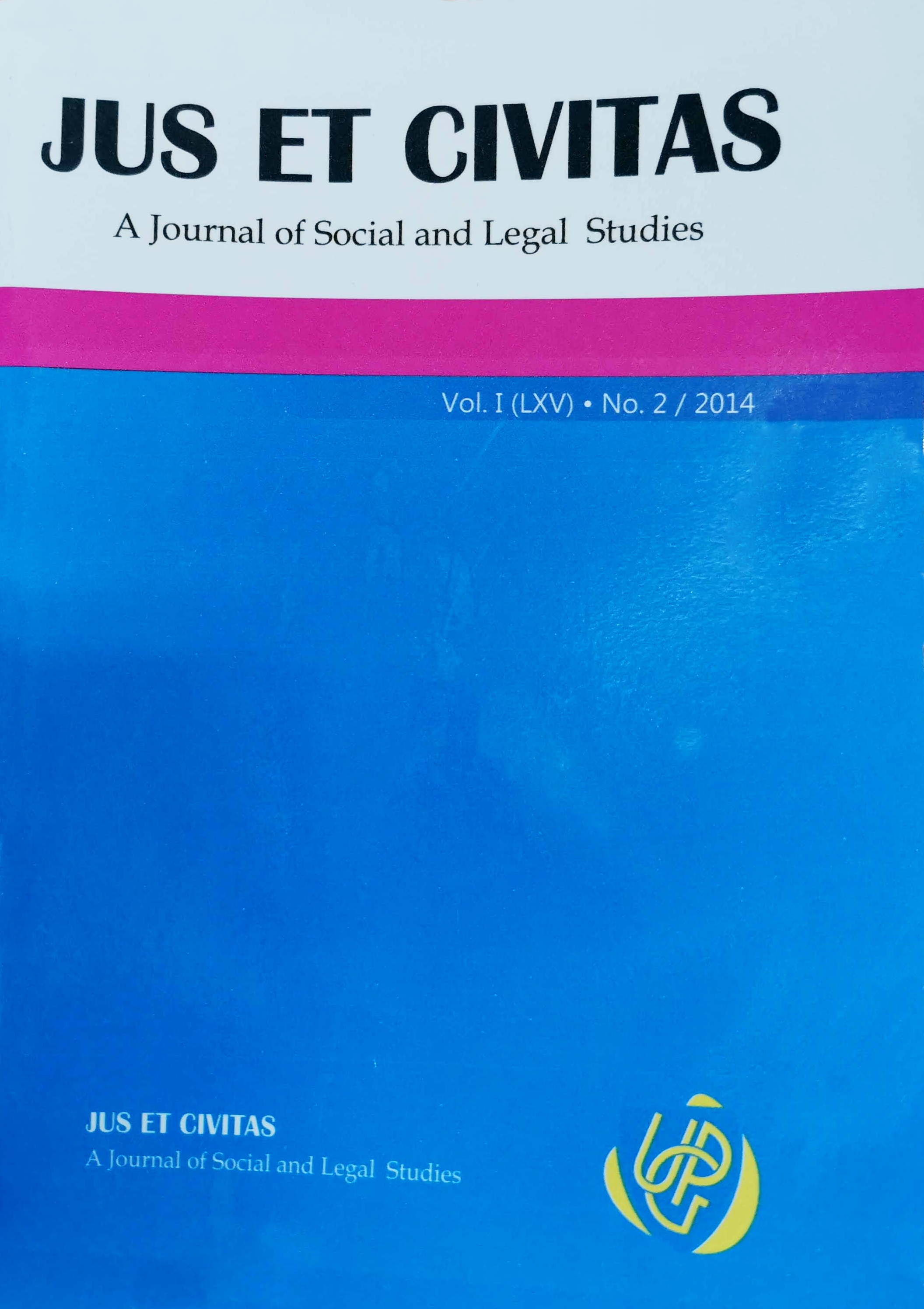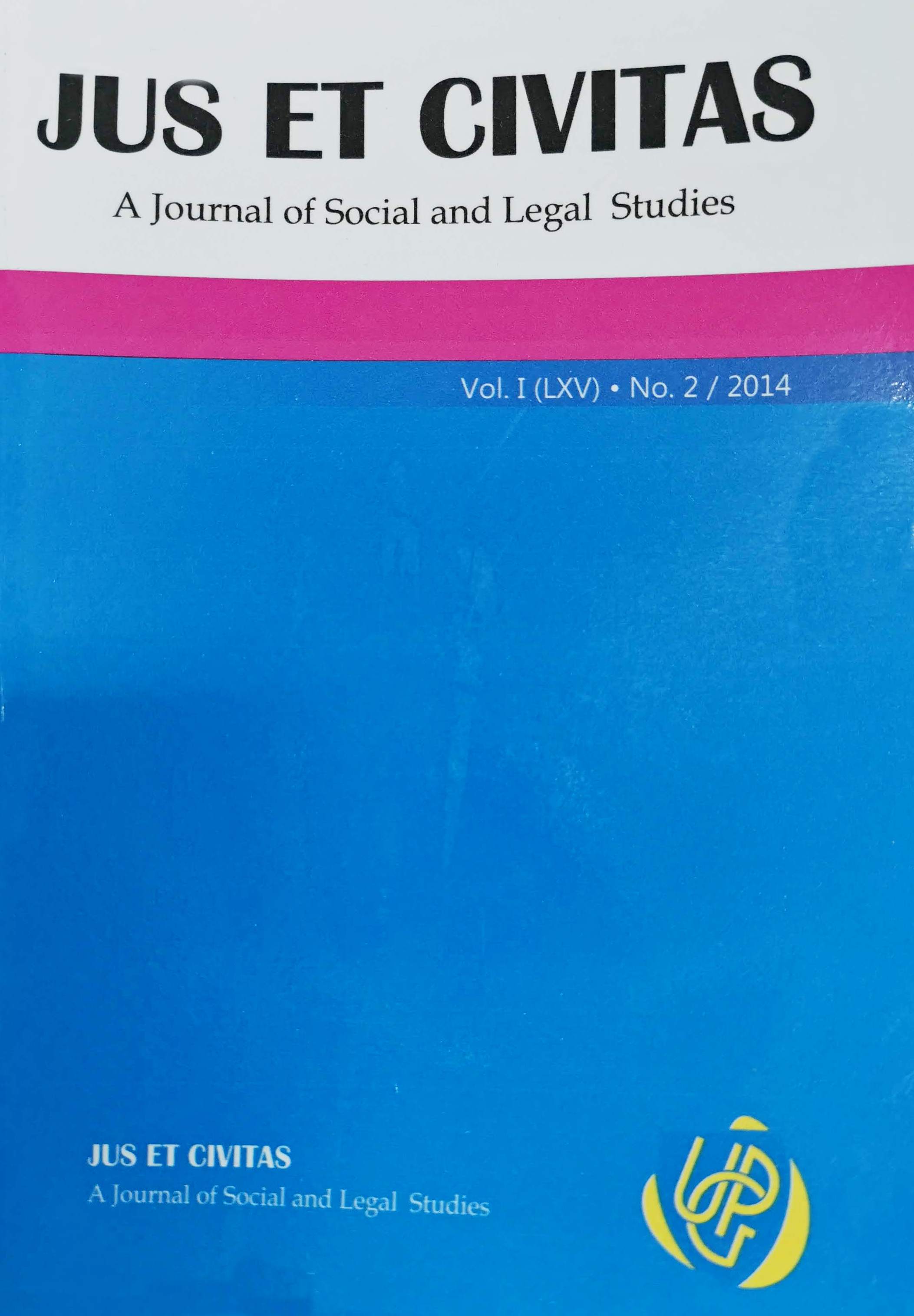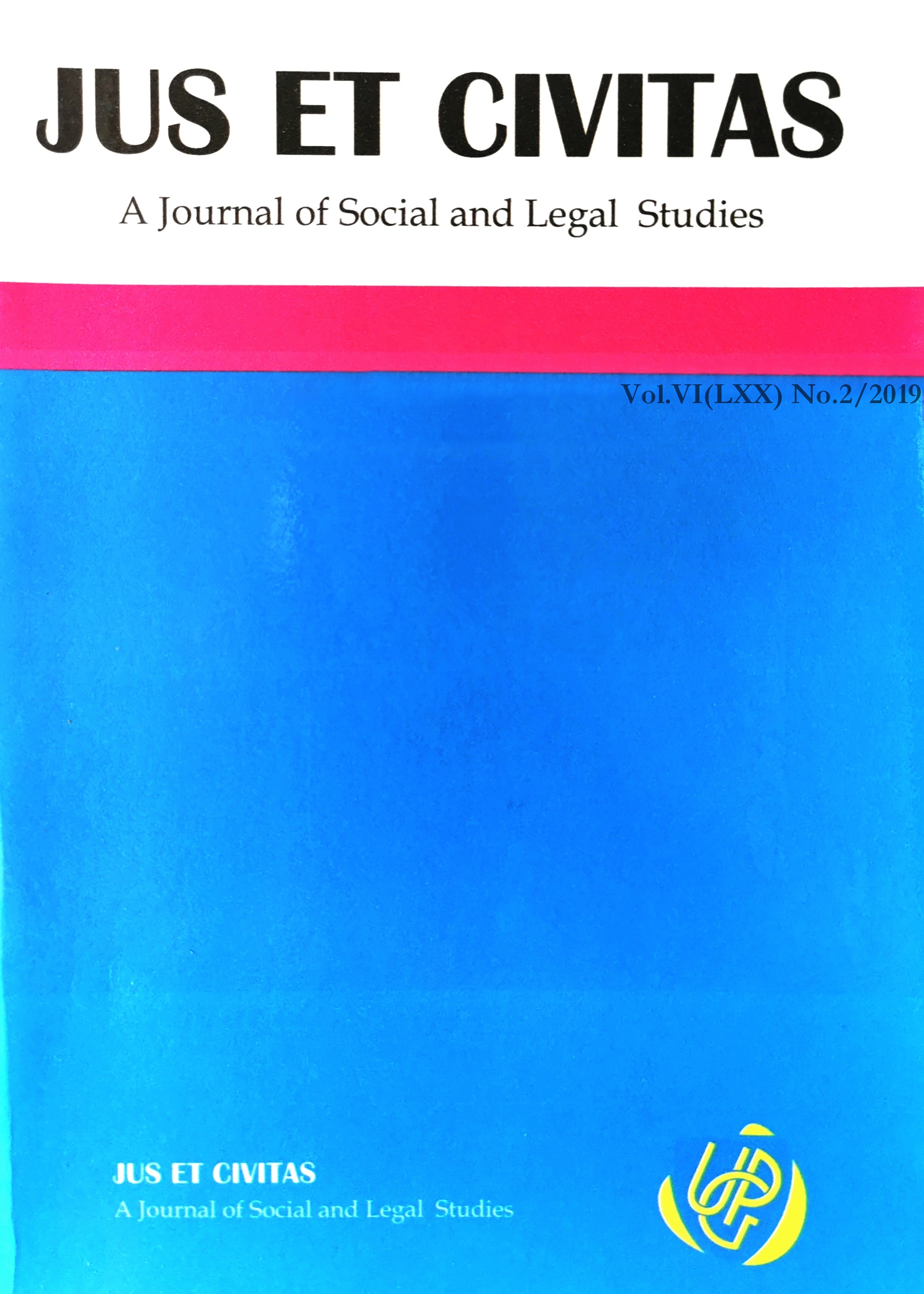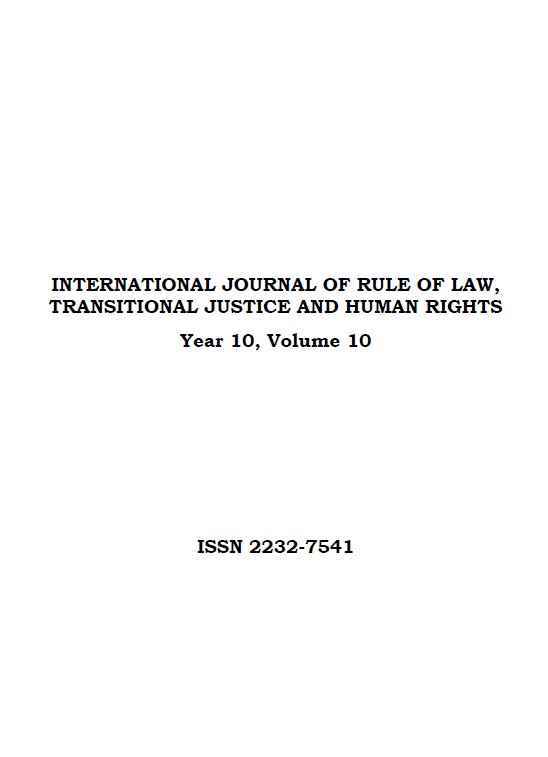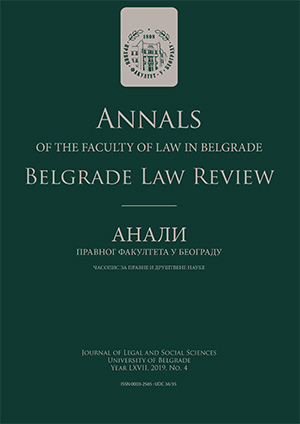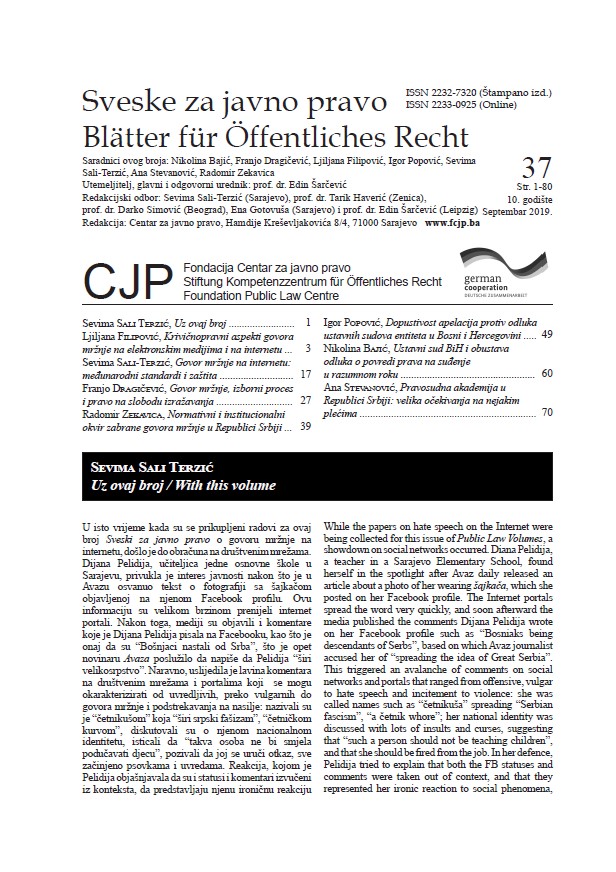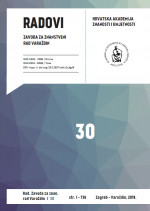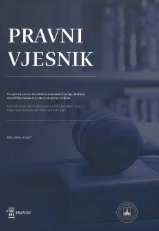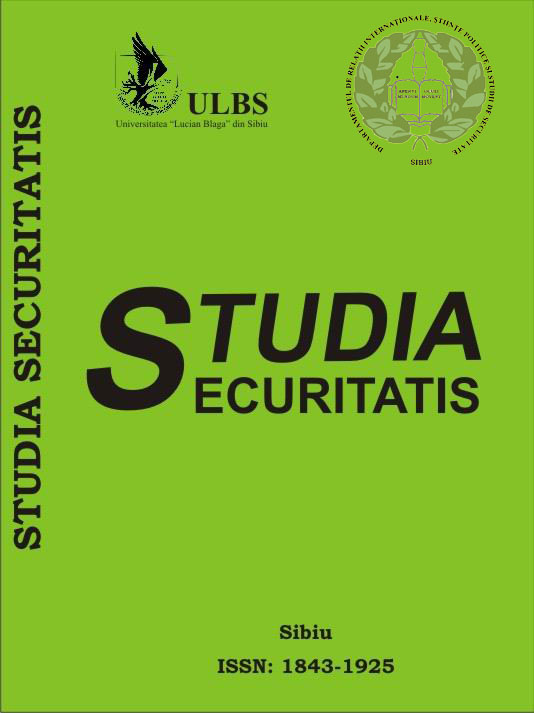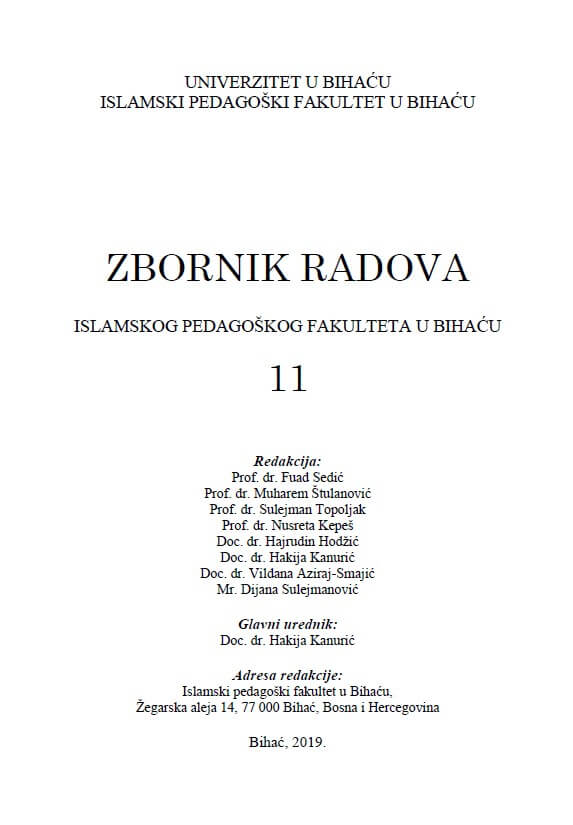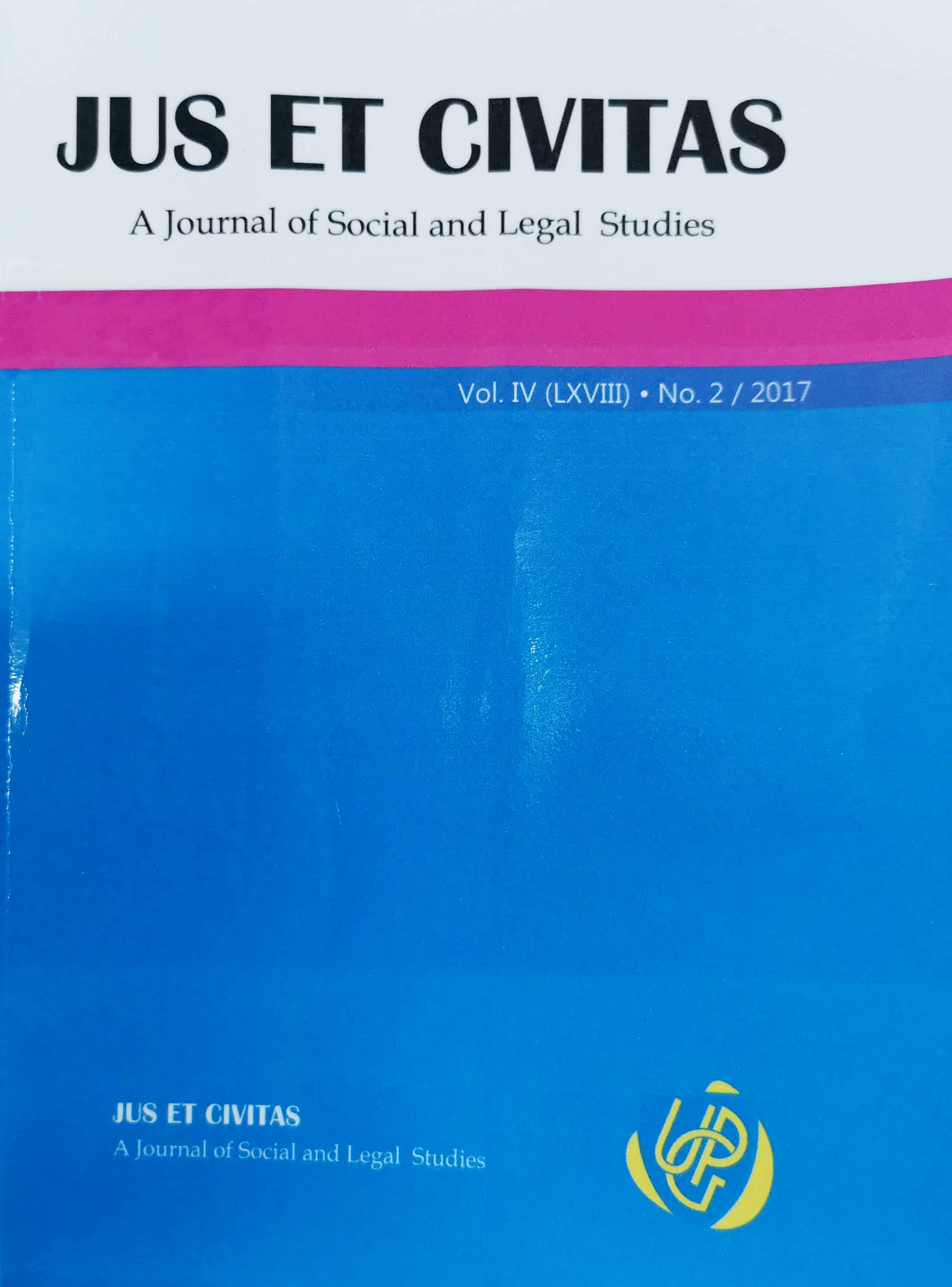
RULE OF LAW IN ROMANIA – FROM GLOBAL CONCEPT TO PARTICULAR MANIFESTATION
This paper aims to approach an important subject at global level, but a rather sensitive one for Romania: the rule of law. The paper will identify the rule of law characteristics as outlined by the legal doctrine and then determine their specific particularities in Romania. The political situation in Romania is important not only for its citizens, but also for its international partners.
More...
